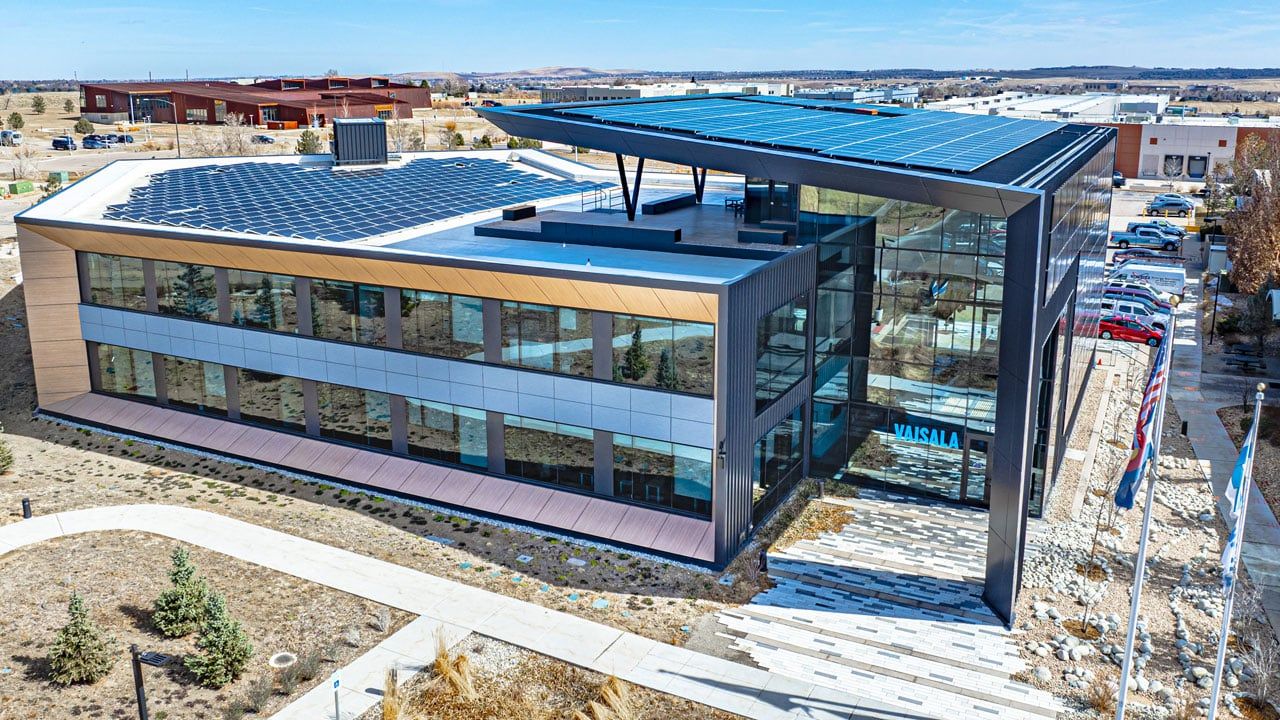Centers offer choices for elective surgery
For years, health insurers have been offering more coverage for care delivered at lower cost, moving treatments from the inpatient hospital setting to the outpatient clinic. While about 81 percent of all surgeries were performed in hospital operating rooms followed by at least an overnight stay in 1981, by 1999 that had fallen to 37 percent, although most were still done in a hospital-based outpatient clinic.
When the biggest insurer of them all, Medicare, began covering elective procedures performed in free-standing ambulatory surgery centers in 1982, the shift away from hospitals was dramatic. By 2005, only 45 percent of elective surgeries were performed in a hospital.
A study performed for the Colorado Ambulatory Surgery Center Association, released in 2009, found that 57 percent of total Medicare payments to ASCs in 2007 came from two types of operations: colonoscopy and endoscopic procedures and cataract and other eye procedures. The ASCs’ gain was the hospital outpatient departments’ loss.
SPONSORED CONTENT
Commercial Solar is a big investment, but not an overwhelming one
Solar offers a significant economic benefit for commercial property owners while also positively impacting the environment and offering a path to compliance for new municipal requirements like Energize Denver. A local, experienced solar installer will help you navigate the complexities of commercial solar to achieve financial success for your project.
“We’re moving to the point where we save the hospital for the really sick,´ said Rebecca Craig, RN, CEO of the multispecialty Harmony Surgery Center in Fort Collins, which performs about 7,000 procedures a year. “Surgery centers allow physicians to be effective with their time – there are no delays to elective procedures because a trauma case came in, for example – and the customer service for patients in terms of scheduling and convenience is high.”
Conventional wisdom says that you get the best service from people who specialize in what they do. What ASCs call their “focused factory” approach – highly trained staff performing a high volume of a limited number of procedures – tends to improve patient outcomes.
Higher volume, lower costs
Then there’s the whole cost issue. Recent changes to Medicare reimbursement policies reduced payments to ASCs to about 58 percent of hospital outpatient payments. (At press time, Congress had yet to act on a scheduled 21 percent reduction in physician reimbursement.) Craig said her facility is reimbursed by Medicare $376 for a diagnostic colonoscopy for which an acute-care hospital would receive about $800.
So, if Medicare pays about half the going rate for its portion of the more than 22 million surgeries performed each year at the 6,000 ASCs nationwide, why does the government program require patients receive certain services only in acute-care settings?
“It makes no clinical sense, but Medicare doesn’t allow overnight stays in an ASC,” according to Mike Bergerson, CEO of the Orthopaedic and Spine Center of the Rockies, which performs about 400 total joint replacement procedures a year. “We’ve had multiple conversations about it, over the years and Medicare could save millions, if not billions, but won’t be changing any time soon.”
Total knee or hip patients with private insurance stay at OCR’s attached recovery center, where they can begin physical therapy immediately post-operatively. The ratio of patients to recovery nurses is two-to-one, the same as at Poudre Valley Hospital or McKee Medical Center, Bergerson said.
“Our infection rate is lower than most hospitals – about 0.01 percent,” he added.
CASCA found similar low rates throughout the 100 ASCs in the state in a 2008 quality study.
Plenty of unknowns
The new health-care reform law is supposed to bring down the cost of care, but exactly how it will do so remains largely unknown. Some of its provisions will not take effect until 2014 or later, and it may be three or four years before the actual rules implementing them are even written.
One provision that has already sparked a lawsuit in Texas, however, is a complete ban on Medicaid and Medicare payments physician-owned hospitals. Policymakers want to avoid doctors referring patients to their own facility just for the money.
ASCs almost always have physician owners, but they are not hospitals. They do not offer diagnostic or primary care services. In Northern Colorado they are all partnered with either one of the local health systems – Banner or Poudre Valley Health System – or another national corporation.
The benefits of such a partnership work both ways. Not only do the health systems retain the revenue from patients who were leaving the hospital setting, but the ASC gains access to the clout of a larger organization that can negotiate favorable contracts with insurance providers.
“Dealing with insurance is a huge selling point,” Craig said.
Although the health systems are now competing fiercely to “align” physicians, buying up practices and even employing doctors directly, Craig said that trend tends to move in 10-year cycles.
“Physicians move from feeling more secure if they are employed to feeling more energized if they are independent,” she explained.
Partnership in a surgery center can offer doctors the best of both worlds, and their patients an appropriate level of care at an affordable price.
For years, health insurers have been offering more coverage for care delivered at lower cost, moving treatments from the inpatient hospital setting to the outpatient clinic. While about 81 percent of all surgeries were performed in hospital operating rooms followed by at least an overnight stay in 1981, by 1999 that had fallen to 37 percent, although most were still done in a hospital-based outpatient clinic.
When the biggest insurer of them all, Medicare, began covering elective procedures performed in free-standing ambulatory surgery centers in 1982, the shift away from hospitals was dramatic. By 2005, only 45 percent of elective surgeries…
THIS ARTICLE IS FOR SUBSCRIBERS ONLY
Continue reading for less than $3 per week!
Get a month of award-winning local business news, trends and insights
Access award-winning content today!

